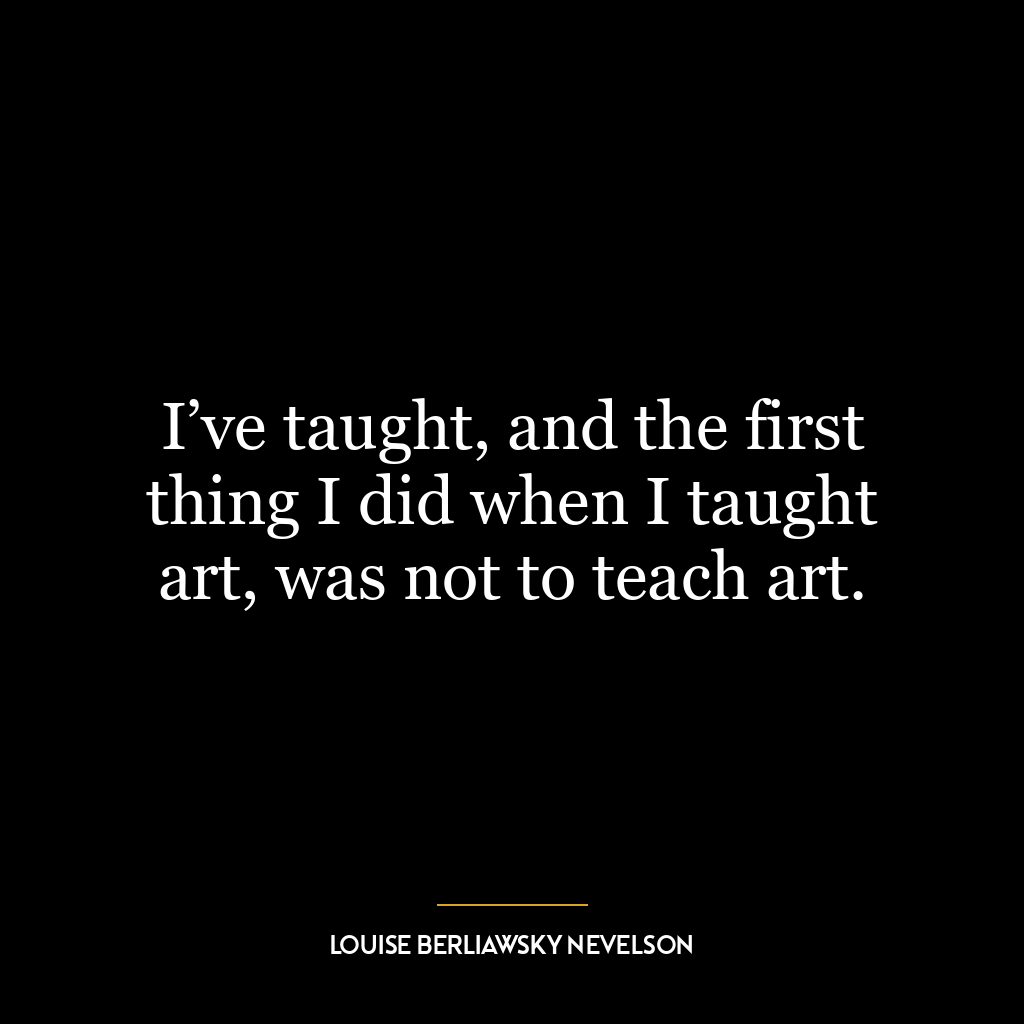This quote is a powerful commentary on the human condition and the universal experience of suffering. It suggests that life is inherently difficult and filled with challenges, and that periods of non-suffering should be celebrated. Essentially, it is a call to appreciate the moments of peace and joy that we experience, because they are often fleeting and can be overshadowed by the hardships that life inevitably brings.
The quote also implies that suffering is an active state, something that we are constantly doing or experiencing. In contrast, non-suffering is presented as a passive state, something that happens to us rather than something we do. This suggests that suffering is the default state of human existence, and that moments of non-suffering are rare and precious.
In the context of today’s world, this quote could be seen as a response to the constant pressure to be happy and successful. Many people feel that they should always be striving for more, and that any moment of contentment or peace is a sign of complacency or laziness. However, this quote suggests that there is value in simply being, in appreciating the moments when we are not actively suffering.
In terms of personal development, this quote could serve as a reminder to celebrate our achievements and good fortune, no matter how small or insignificant they may seem. It encourages us to find joy in the mundane and to appreciate the simple pleasures of life. It also suggests that we should not take our moments of peace and happiness for granted, but should cherish them and make the most of them.
Moreover, it could be seen as a call to develop resilience and a positive mindset. If life is inherently hard, then it is up to us to find ways to cope with its challenges and to find joy in spite of them. This could involve developing coping strategies, seeking support from others, and practicing gratitude and mindfulness. In this way, we can learn to appreciate our moments of non-suffering and to find joy and meaning in even the hardest of times.












